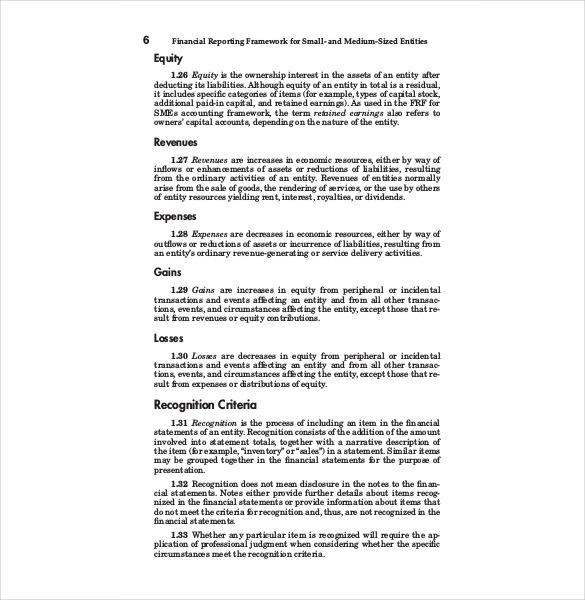Financial Reporting Review
Secret functions of Berkeley Box are as follows: Box file folders are developed, monitored and kept by the Controller’s Workplace. Each Division Finance Leader (DFL) is sent out an email inviting him or her to click on the “Log in” button therefore creating report a minecraf issue new account of which gain access to is strictly allowed only to the assigned/invited DFL – Department’s Box file folder.

These emails include short directions explaining both the purpose of and report a minecraf issue why it is just the DFL is permitted access to these files. Box may be accessed at and utilizes an individual’s network username and password to login. Following the conclusion of the General Journal and Settlement report a minecraf issue review as specified by the guidelines, conserve the document and upload it to your particular Department’s file folder.
At the end of the default file name insert: Division Node Specify which applies – Q1, Q2, Q3 or Q4 Example GL Summary – Month-to-month Comparative Actuals COCHM Q2 Recommendations Access Box through Google Chrome Audience Uploader Access for DFLs available as reference guide.
If you’re searching for a great intro to monetary statements, read on. We’ll discuss the fundamentals of each financial declaration, and how to read (and use) themso your business runs like a well-oiled device. What are financial statements? Financial declarations are reports that sum up important financial accounting details about your company.
We’ll look at what each of these 3 standard financial declarations do, and take a look at how they collaborate to give you a full image of your company’s financial health. The balance sheet A balance sheet is a snapshot of your company financial resources as it currently stands. It informs you about the possessions you own, and liabilities (i.
Financial Reports you Should Provide your Clients.
How often your accountant prepares a balance sheet for you will depend upon your service. Some businesses get everyday or monthly monetary statements, report a minecraf issue some prepare financial declarations quarterly, and some just get a balance sheet once a year. For instance, banks move a lot of money, so they prepare a balance sheet every day.
Balance sheets are separated into three general categories: Magazinebulletin.com possessions, liabilities, and equity. Here’s an example of what a balance sheet looks like if you’re a Bench customer. Possessions Assets are anything important that your company owns. On the Bench balance sheet shown above, possessions consist of: https://cachorroshusky.com/ Cash in a monitoring account and Money in transit (being transferred from another account) But total properties can also include things like equipment, furniture, land, buildings, keeps in mind receivable, and even intangible residential or commercial property such as patents and goodwill.
right here about save paper
On our balance sheet example above, the only liability is a bank loan. However overall liabilities can likewise include credit card financial obligation, home loans, and accrued costs such as energies, taxes, or salaries owed to workers. Equity Equity is the remaining worth of the company after subtracting liabilities from properties. This may be kept revenuemoney the company has actually made to dateas in the example above.

58. This indicates someone who owns part of the company has actually withdrawn some money from shareholder’s equity. This is a way some entrepreneur select to pay themselves. Equity can likewise include personal or public stock, otherwise an initial financial investment from your company’s founders. For example, suppose you began an online shop, and put $1,000 in its savings account as running capital (to pay webhosting costs and other expenditures).
It’s essential to note that equity is only the “book value” of your business. It’s not your company’ market price if you wished to offer business. When offering a business, purchasers generally pay more than the book worth of business based upon things like the business’s yearly revenues, the market worth of concrete and intangible residential or commercial property it owns, and more.
Leave A Comment
You must be logged in to post a comment.